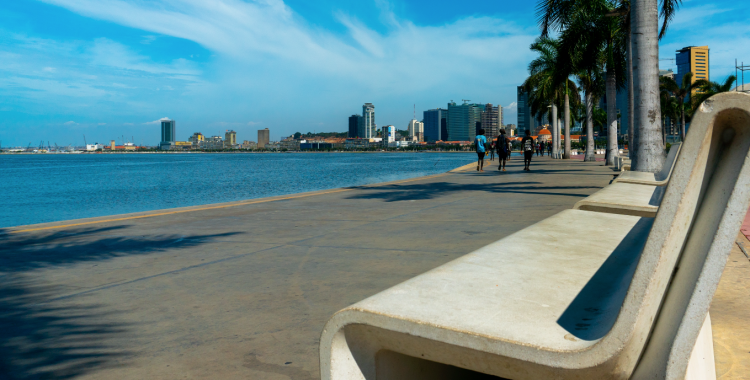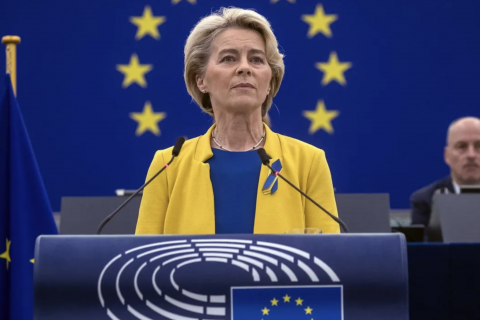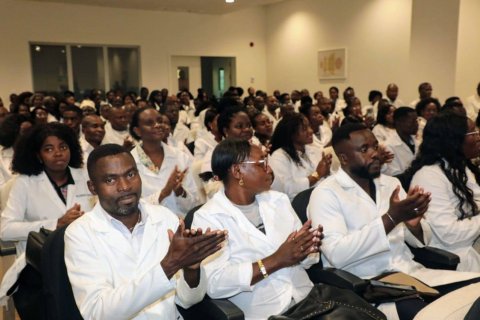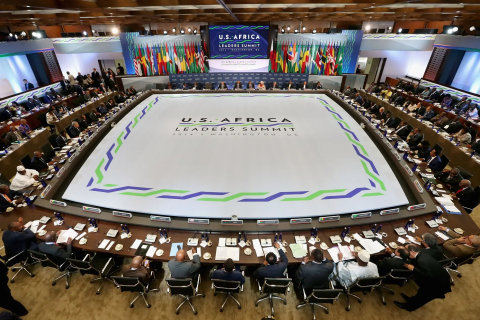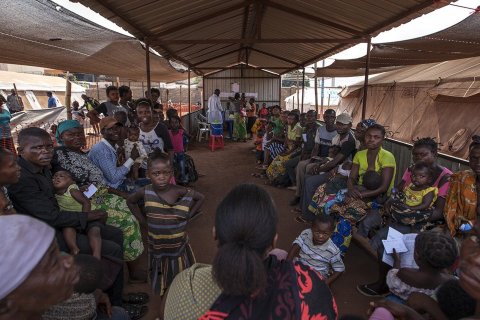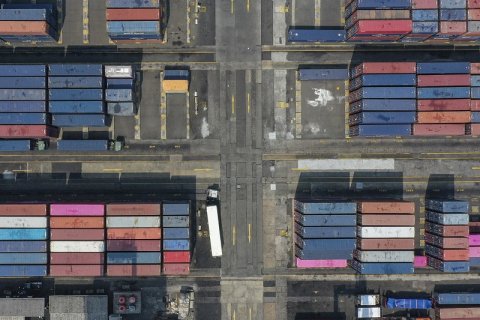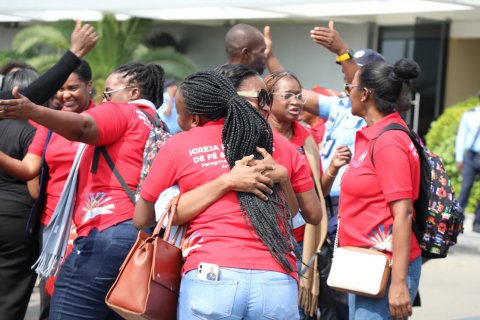The country closed its airspace on 20 March, to contain the covid-19 pandemic, with the exception of humanitarian and cargo flights, and plans to resume commercial flights for 30 June, still subject to confirmation by health authorities. , according to the joint executive decree 180/2020, which regulates the return to the country of nationals and foreigners during the period of public calamity, which has been in force since 26 May.
However, the quarantine conditions and tests to detect covid-19 are not clear enough, according to some Portuguese people contacted by Lusa who still do not know when they will be able to return to Luanda.
For Miguel (fictitious name), an entrepreneur in the food sector, the return will only be possible “when the situation is cleared up” and understand how the quarantine and the costs involved will work.
Living between Angola and Portugal, this businessman considers that “it doesn't make much sense” to stay in quarantine for two weeks, when the periods he spends in Luanda do not, in general, exceed three weeks.
The head of the company, which employs about 100 people, arrived in Portugal on 14 March and hoped to return to Angola after Easter, but since then he has seen three of the planned trips canceled, with the next scheduled for August.
Managing the company remotely, through “a lot of Zoom [application for online meetings] and a lot of WhatsApp”, Miguel assumes that it took some learning to develop methods of distance leadership and make some adjustments at the management level.
“We appointed a commercial director, for example. There are situations in which it is necessary to look into the eyes and be physically present ”, he said, highlighting the meetings with clients.
António (fictitious name), a member of a company linked to the communication sector, has been in Portugal since March 15th and hoped to return on March 21st, but was taken by surprise by the closing of borders.
Since that time, he has seen his flights on TAP canceled four times and complains about difficulties in contacting the airline.
"They don't respond to emails, if I try to call I'm waiting for an hour and then they hang up, it happened to me a few times", he lamented.
The last flight he had scheduled, on June 20, was canceled again and António, who intends to return “as soon as possible”, now waits for the flights to resume.
Working in Angola since January 2010, the official says that his company has also adapted to measures aimed at containing the spread of the pandemic and has substantially reduced physical presence.
"A lot of people are working from home, the company has reduced physical presence to a minimum because of the risk of contamination," said António, who has another colleague in Portugal also waiting to be able to return.
Costs are another factor to take into account, considering that the diploma imposes institutional quarantine on those who return for at least seven days, with the possibility of opting for a hotel unit approved by the Ministry of Health.
Asked if the costs of staying in a hotel can deter companies that have workers in Portugal, António says that the issue "has not yet been addressed" as official decisions are still awaited.
"We will wait for commercial flights to open," he said.
This is one of the most shared concerns among the various Facebook groups of the Portuguese community in Angola, along with many doubts about the quarantine conditions in public centers (free, but with limited capacity) and criticism of the high testing prices, as the a molecular-based RT-PCR test, required by health authorities, is carried out, privately, only by a single clinic in Luanda and costs almost 300 euros.
With more than 200 positive cases of covid-19 recorded so far, Angola has seen a significant increase in the number of infections in the last two weeks with almost 100 new diagnoses.
On Monday, the Minister of Health, Silvia Lutucuta, said that trips to Angola will be made "in stages" to "protect the country" and admitted that the health fence in Luanda will remain in the face of the evolution of the pandemic in the parents
“We don't want to continue to import more disease. We are in the situation where we are importing, because the focus came from outside, ”said Sílvia Lutucuta at the time.
Without clarifying whether the date foreseen for the opening of the air border will remain, he stressed that "everything that is in the decree depends on the epidemiological evolution".
The minister revealed that humanitarian flights have been carried out, transporting Angolan citizens back, but she warned that everything will have to be done "in stages" and depending on the country's conditions, taking into account the capacity of the institutional quarantine.
The decree regulates, within the scope of the Declaration of the Situation of Public Disaster for the prevention and risk of spread of covid-19, the return to the country of nationals and foreigners, holders of residence permits, refugee cards, investor visas, work, study and temporary stay.
The document states that the covid-19 test must be administered by entities duly certified by the health authority of the country of origin.
Regarding the option of institutional quarantine in a public center or in a hotel for this purpose, the decree provides that it is defined when scheduling the trip and may be subject to confirmation by the health authorities, if the passenger chooses to stay in a hotel.
On Thursday night, a new joint executive decree was published, extending the sanitary fence in the province of Luanda, from midnight (00:00) on 26 June 2020 to 23:59 on 10 July 2020, which should imply a postponement of international travel.

